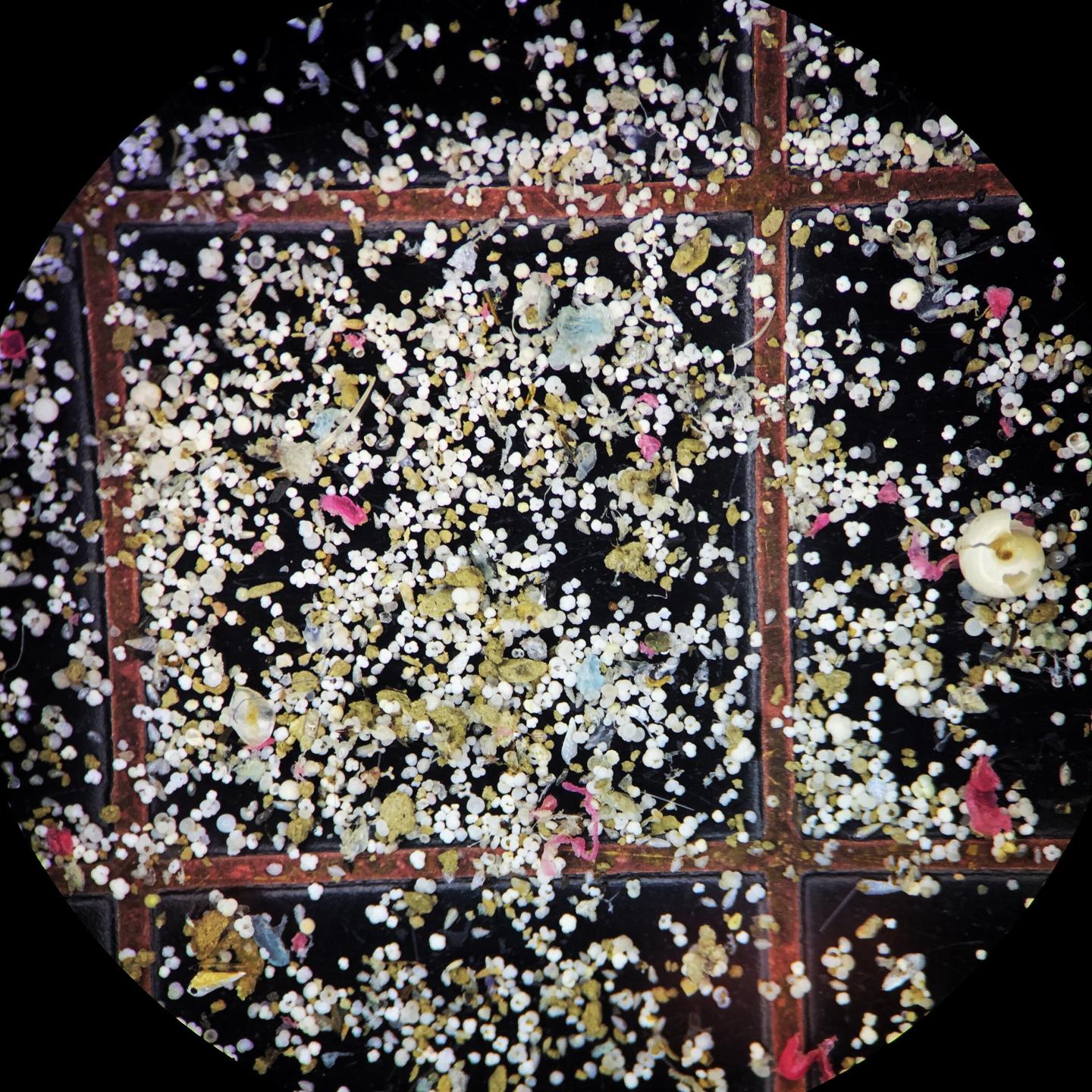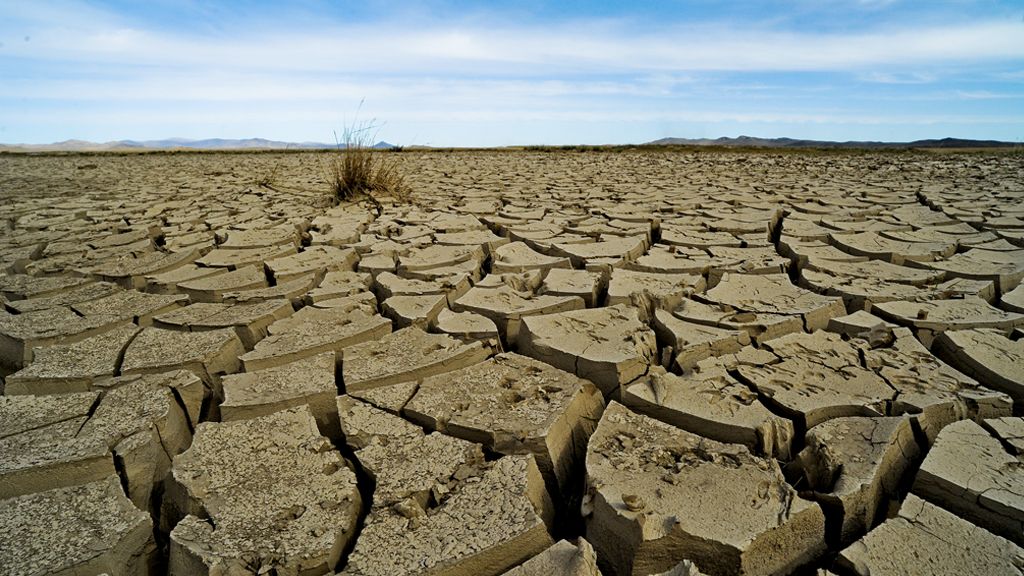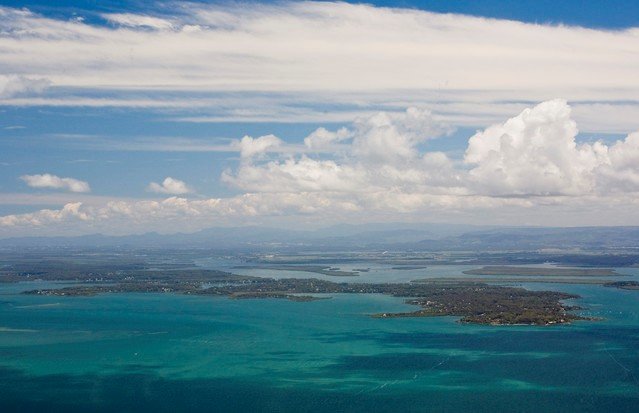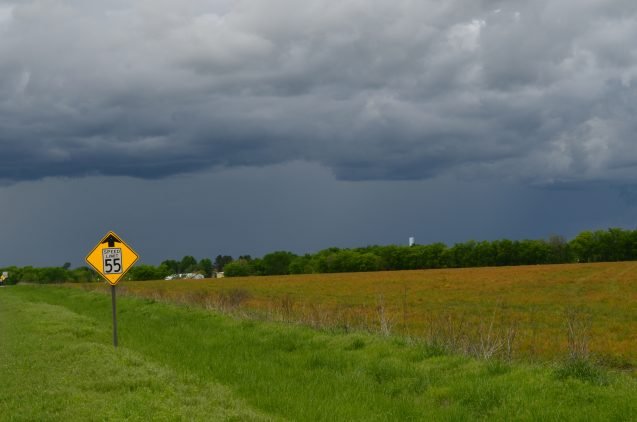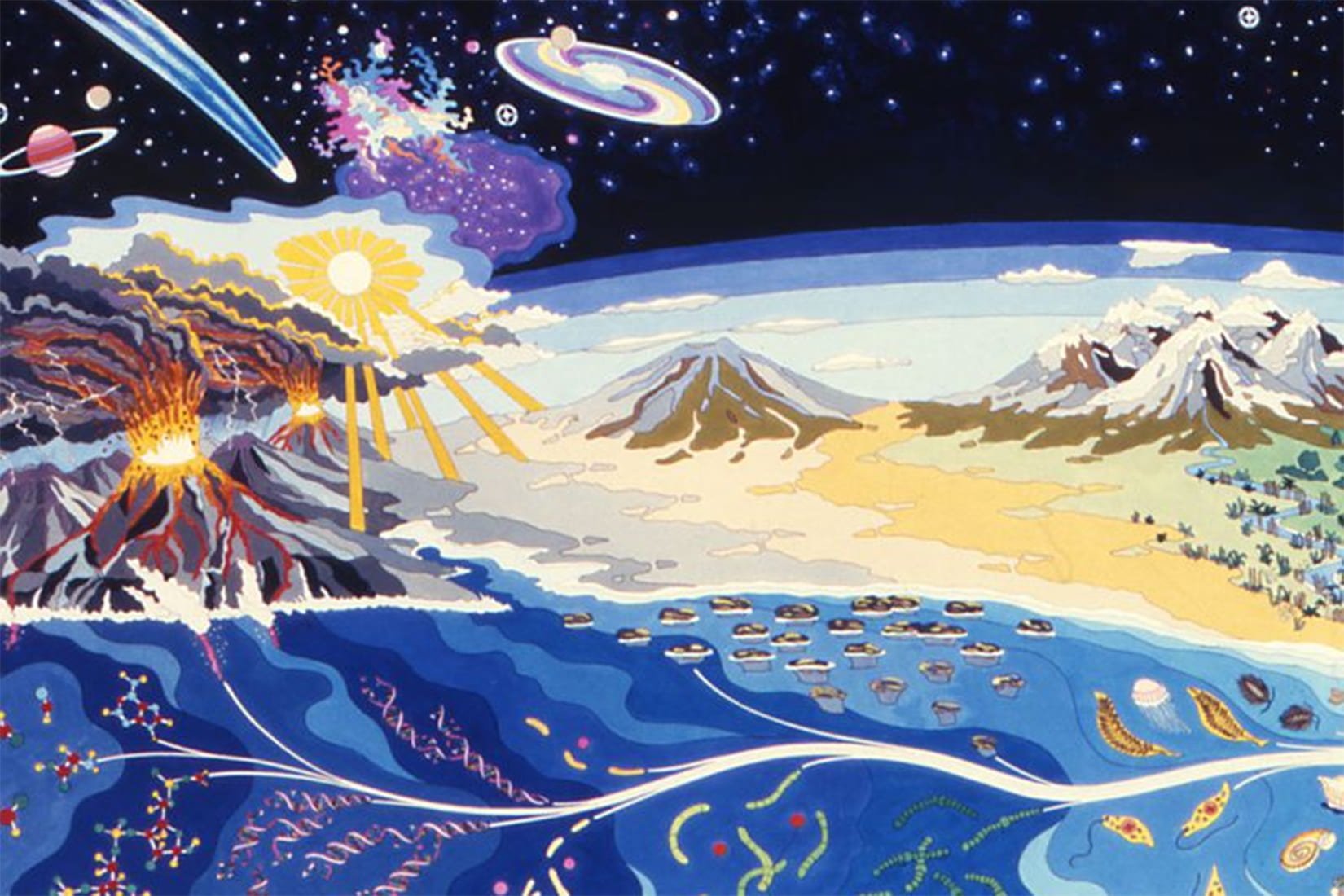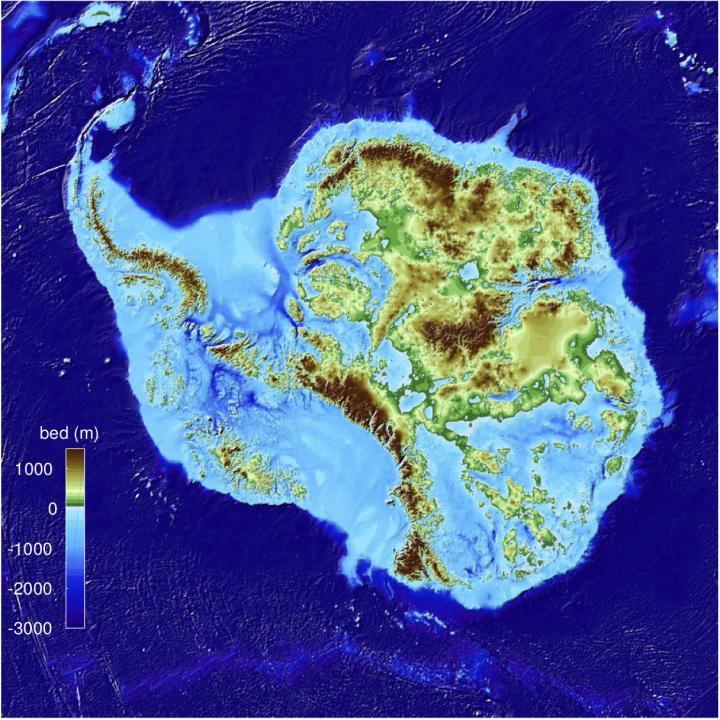How do silt and sand differ when going with the flow?
The river may rage or gently roll, but in the end the sand and silt will have their way. Rice University Earth scientists and their colleagues have defined a surprising breakpoint at which the grain size of riverbed sediment exercises extraordinary control over how much material will be transported downstream, nourishing deltas and coastlines. New … Read more

